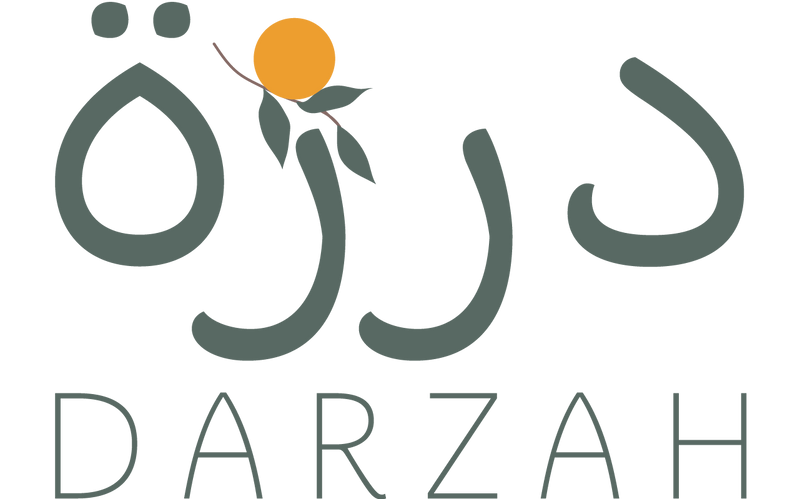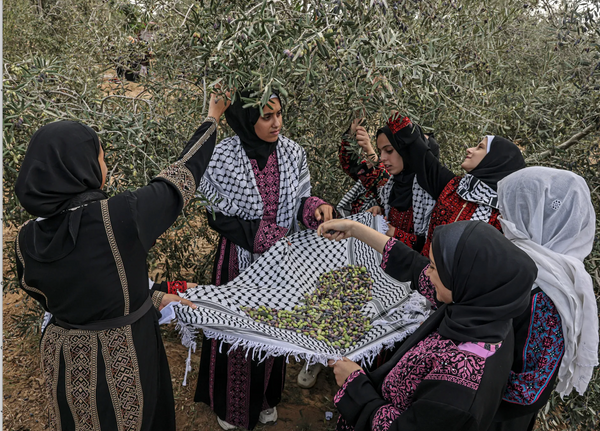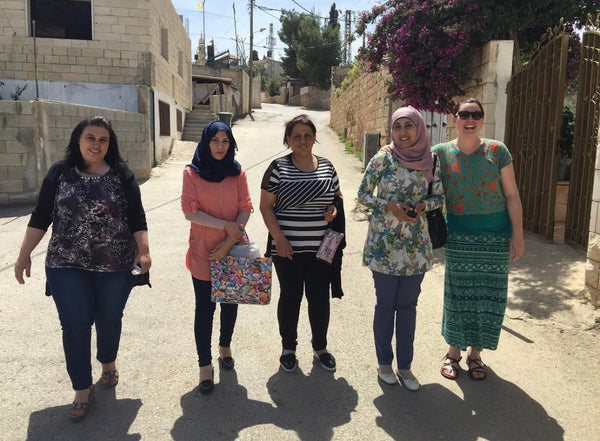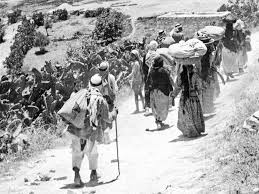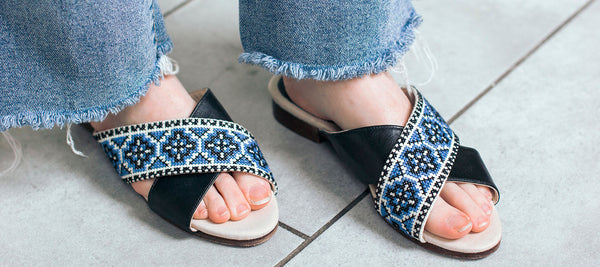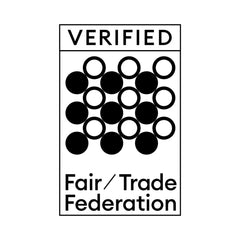The Root of Palestinian Heritage

In Arabic, the olive is called Zaytoun (زيتون) a word that carries centuries of history, faith, and resilience. In Palestine, the olive tree is more than just a source of food; it is a lifeline, a symbol of peace, and a deep connection to the land. Families have passed down olive groves for generations, making them central to both cultural identity and livelihood.
The Olive in Palestinian Life
Every autumn, communities come together for the olive harvest, one of the most cherished traditions in Palestine. It is a time of gathering of families, neighbors, and friends working side by side, picking olives, sharing meals under the trees, and preserving not just food but memories. The harvest season reflects unity, strength, and an enduring bond with the soil of Palestine. Beyond their agricultural importance, olives are rooted in spiritual and cultural meaning. The olive tree is referenced in the Quran, the Bible, and countless Palestinian folktales and songs. With roots that run deep and branches that spread wide, the olive tree is a living emblem of resilience, patience, and continuity.
Olives in Tatreez and Design
 At Darzah, we carry this heritage forward through our embroidery. The olive motif (Zaytoun) often appears in Palestinian Tatreez (تطريز) carefully stitched leaves and branches representing strength, life, and steadfastness. By incorporating these motifs into our products, we not only celebrate the beauty of the olive tree but also honor the artisans whose hands keep these traditions alive. Each stitch is a reminder of a people rooted in their culture, even in the face of adversity.
At Darzah, we carry this heritage forward through our embroidery. The olive motif (Zaytoun) often appears in Palestinian Tatreez (تطريز) carefully stitched leaves and branches representing strength, life, and steadfastness. By incorporating these motifs into our products, we not only celebrate the beauty of the olive tree but also honor the artisans whose hands keep these traditions alive. Each stitch is a reminder of a people rooted in their culture, even in the face of adversity.
